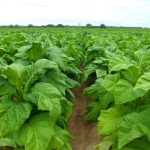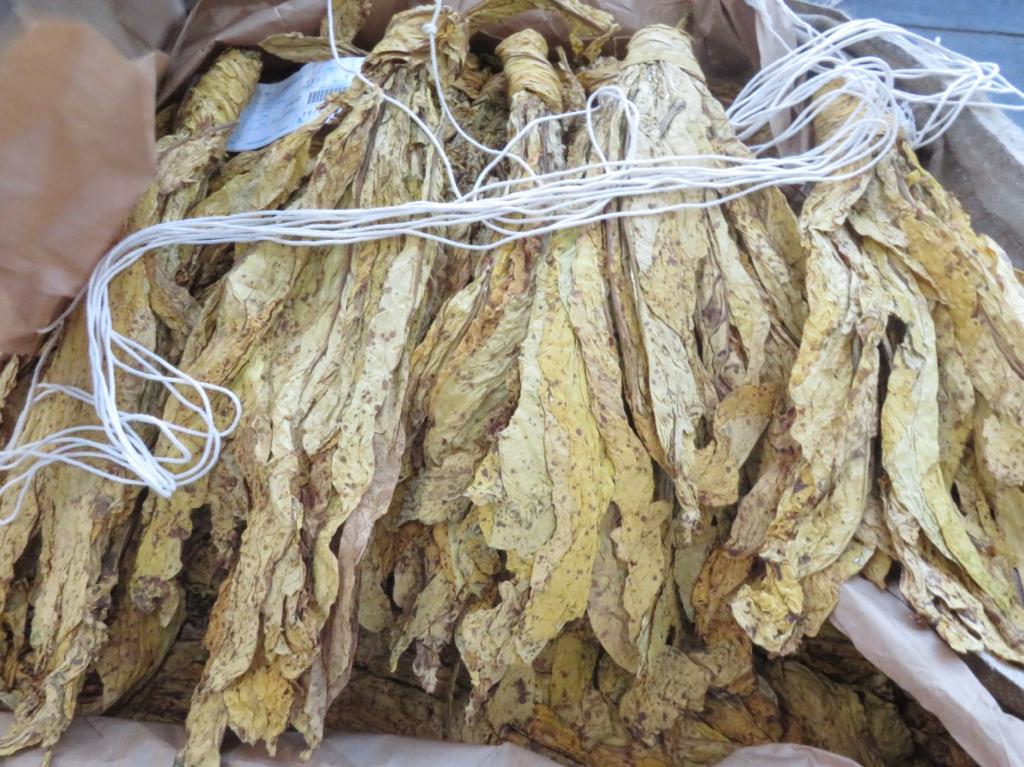
About 9.9 million kg of tobacco have been sold at an average price of US$ 2.73/kg compared to 13.4 million kg at an average price of US$ 2.49/kg in the corresponding period last season.
Auction floors from outside Harare accounted for about 43% of the total sales, according to the Tobacco Industry and Marketing Board (TIMB).
Contract sales stand at 9 million kilograms at a value of US$ 24.4 million at an average price of US$ 2.71/kg. This compares to 12 million kilograms valued at US$ 30.2 million at an average price of US$ 2.50/kg for last year.
Auction sales are at 906 698 kg of tobacco at an average price of US$2.87/kg. Prior year, sales were at 1.3 million kg at an average price of US$ 2.36/kg.TIMB said generally the rainfall season was late with effective planting rains received around end-November to mid-December 2021.
In mid-January, incessant rains were experienced across all the provinces and this impacted negatively on crop development and nutrients availability.
Isolated incidences of severe hailstorms were reported in all the provinces.
Mid-season dry spells experienced across the provinces resulting in detrimental effects on the general development of both main dryland and late dryland crops.
The irrigated crop is medium to heavy bodied, predominantly lemon in colour and reflecting a fair to good quality. The average expected yield is 2510 kg/ha.
The crop is medium bodied in the commercial sector whilst being light to medium bodied in the smallholder sector. The bulk of the crop is now fully developed with most farmers at second to third reaping. Average expected yield is 1670 kg/ ha across all sectors.
Planting was extended beyond the stipulated deadline date of 31 December to allow the farmers to continue planting due to the late onset of rains.
Generally, the crop has poor stand due to prolonged dry spell which was experienced post planting time towards end of December.
Average expected yield is 800 kg/ ha across all sectors.
TIMB called for the localization of tobacco production and marketing financing which has potential to maximize the net export proceeds.
“This is an investment opportunity, said TIMB CEO Meanwell Gudu
The financing of tobacco production and marketing is regulated by the Reserve Bank of Zimbabwe (RBZ) through the Exchange Control Tobacco Finance Order of 2001, which require tobacco merchants to borrow offshore in order to buy green leaf tobacco.
This ensures that the country benefits from part of the tobacco export proceeds upfront before the actual exports.
“This off-shore pre-financing arrangement effectively means that tobacco merchants bring into the country part of the export proceeds before the tobacco has even been processed and exported. After export, only the value-added component accrues to the country while the rest of the export proceeds are used to service offshore loans accessed during the buying season.
“The value added is the amount that will be repatriated into the country after exportation of the tobacco and loan repayments (capital plus interest) which have first charge on the export proceeds. The RBZ estimates net inflows are 12.5% of the countrys global tobacco exports, he said.
There are a number of challenges that are militating against the value addition in Zimbabwe. The financing of tobacco farming is largely by foreign leaf tobacco merchants with limited participation in value addition resulting in exports of the bulk of the crop unprocessed.
Players in the tobacco value addition sector identify excise duty as being too high and unpredictable and recommends Government tax holidays for start-up companies.
The shortage of foreign currency needed for recapitalization is a huge drawback to the expansion of tobacco processing. Most of the equipment used is outdated and require a lot of foreign currency for upgrading to minimise operational costs.
Manufacturers say that the foreign currency liquidation period is too short for meaningful recapitalisation plans, while the export surrender requirements are too high that retooling, and expansion flexibility is minimised. Most of the raw materials require foreign currency which is in short supply.
Players in cigarette manufacturing also say that the cost of doing business in the country is considered to be on the high side. This includes licences for manufacturers, utilities (water and electricity), and factory rentals.
Export markets are generally supported by a solid domestic demand. However, Zimbabwes domestic market is too small to attract many cigarette players.
